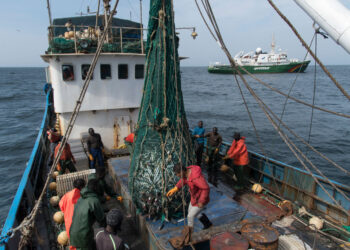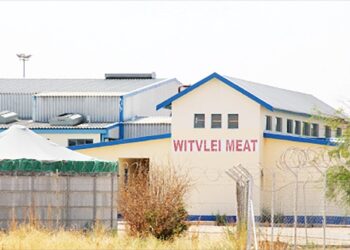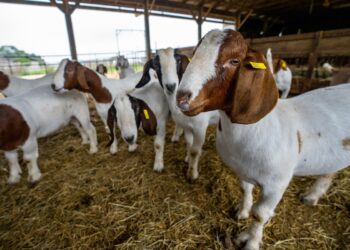
Oil giant Shell has reportedly achieved extraordinary oil flow rates during production tests conducted on its Graff-1x discovery well located offshore Namibia.
According to industry publication Upstream, these tests are part of Shell’s ongoing efforts to determine the commercial viability of the deepwater find.Â
Utilizing the semi-submersible rig Deepsea Bollsta, Shell re-entered the Graff-1x well in Block 2913A in early March.
Recent drill stem tests, conducted over the past few weeks according to the report, have yielded surprising results, with oil flow rates far exceeding initial expectations.
Drill stem tests play a crucial role in assessing a reservoir’s pressure and permeability and can span from a few minutes to several days. They help determine the pressure dynamics within the reservoir and how rapidly pressure builds once the oil is extracted to the drilling rig.
The precise number and timing of the tests conducted by Shell on the Graff-1x well remain undisclosed. Furthermore, it is unclear whether a high flow rate guarantees the commercial viability of the discovery.
However, the occurrence of gas flares from the semi-submersible rig in late April and early May indicates significant progress.
Drill stem tests were reportedly carried out between April 30 and May 1, as well as between May 3 and 7.
Shell has not yet confirmed its plans once operations conclude at the Graff-1x well, but it is likely that the Deepsea Bollsta will be mobilized to drill another exploration well within the same block, potentially targeting the Lesedi prospect.
Shell holds a 45% stake in Block 2913A and adjacent 2914B, alongside QatarEnergy.
The remaining 10% stake is held by Namcor.Â
Namibia represents a vital exploration area for Shell, and research conducted by Barclays suggests that if the company were to discover 8 billion barrels of oil in place with a value of $10 per barrel of oil equivalent, it could account for up to 6% of Shell’s market capitalization.
Namibia is bullish about the future economic prospects of the country following the discovery of oil by Qatar Energy, Shell, and Total Energies in the Orange Basin, offshore Namibia near Luderitz.
The Shell and Total Energies discoveries according to government estimates, could generate annual taxes and royalties of between N$60-N$95 billion, with the potential to create 3,600 jobs at the peak of production.











